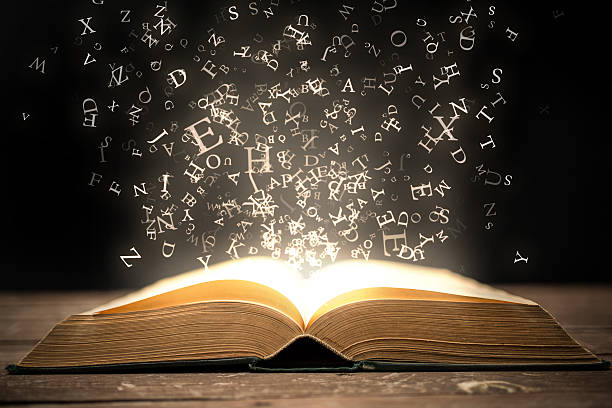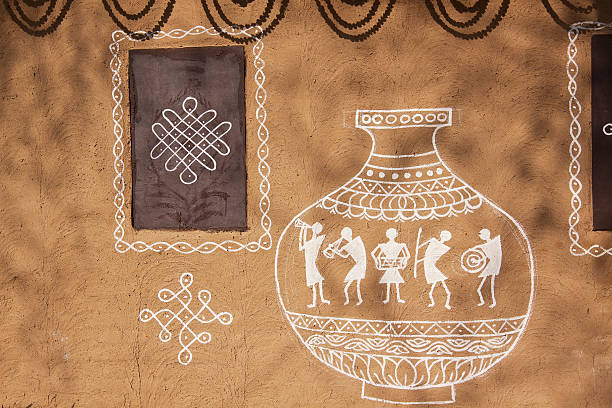Literature is a vast and rich field encompassing the art of written and spoken works that express ideas, emotions, and stories through language. From ancient epics to contemporary novels, literature reflects the human experience and provides a window into different cultures, eras, and perspectives. This article explores the definition of literature, its major genres, and its impact on society and culture.

Defining Literature
- What is Literature?
- Artistic Expression: Literature is often defined as written works that possess artistic merit and are distinguished by their use of language to evoke emotions, provoke thought, and convey complex ideas. It includes various forms such as poetry, prose, drama, and essays.
- Cultural Reflection: Literature reflects the cultural, social, and historical contexts in which it is created. It serves as a repository of human experiences and values, offering insights into different ways of life and historical periods.
- Literary Elements:
- Narrative Techniques: Literature employs various narrative techniques, such as characterization, plot development, and thematic exploration, to engage readers and convey meaning. Techniques like metaphor, symbolism, and allegory enhance the depth and complexity of literary works.
- Language and Style: The style and language used in literature can vary widely, from the lyrical and ornate language of classical poetry to the sparse and direct prose of modern fiction. The choice of style and language contributes to the overall impact and meaning of the work.
Major Genres of Literature
- Poetry:
- Characteristics: Poetry is characterized by its use of meter, rhyme, and vivid imagery to evoke emotions and create aesthetic experiences. It often employs figurative language and symbolism to convey deeper meanings.
- Forms and Styles: Poetry encompasses various forms, including sonnets, haikus, free verse, and epic poetry. Each form has its own conventions and rules, allowing poets to experiment with structure and language.
- Notable Poets: Influential poets such as William Shakespeare, Emily Dickinson, and Langston Hughes have made significant contributions to the genre, exploring themes of love, nature, and identity through their works.

- Prose:
- Characteristics: Prose is written in a more straightforward and conversational style compared to poetry. It encompasses both fiction and non-fiction, allowing for a wide range of narrative techniques and styles.
- Forms and Genres: Prose includes novels, short stories, essays, and memoirs. Each form offers different approaches to storytelling and exploration of ideas. Novels, for instance, often focus on character development and plot, while essays explore philosophical or analytical themes.
- Notable Prose Writers: Authors like Jane Austen, Mark Twain, and Gabriel García Márquez have made lasting impacts on the genre through their innovative storytelling and exploration of societal issues.
- Drama:
- Characteristics: Drama is a genre that involves the representation of conflict and dialogue through performance. It includes plays and scripts intended for stage or screen production.
- Forms and Structures: Dramatic works are often divided into acts and scenes, with characters engaging in dialogue and action to drive the plot forward. The structure of drama can vary, from classical tragedies and comedies to contemporary experimental forms.
- Notable Dramatists: Playwrights such as William Shakespeare, Anton Chekhov, and Tennessee Williams have significantly influenced the genre, creating works that explore human nature, societal issues, and emotional complexity.
- Essays:
- Characteristics: Essays are non-fiction works that explore a particular topic or argument in depth. They can be analytical, descriptive, argumentative, or reflective, and often provide insight into the author’s perspective or expertise.
- Forms and Styles: Essays come in various forms, including personal essays, critical essays, and academic essays. Each form serves different purposes and employs different styles of writing.
- Notable Essayists: Influential essayists such as Michel de Montaigne, Virginia Woolf, and James Baldwin have made significant contributions to the genre, exploring topics ranging from personal reflection to social criticism.
The Impact of Literature
- Cultural Influence:
- Reflection of Society: Literature often mirrors the values, beliefs, and struggles of the societies in which it is created. It provides insights into historical events, cultural practices, and social issues, contributing to a greater understanding of different cultures and perspectives.
- Shaping Identity: Literary works can shape cultural and personal identities by exploring themes of race, gender, and social class. They offer a means of exploring and expressing individual and collective experiences.
- Educational Value:
- Critical Thinking: Literature encourages critical thinking and analysis by presenting complex characters, plots, and themes. It challenges readers to engage with diverse perspectives and consider different viewpoints.
- Language and Communication: Studying literature enhances language skills and communication abilities. It exposes readers to rich vocabulary, diverse writing styles, and nuanced expression.
- Emotional and Psychological Impact:
- Empathy and Connection: Literature has the power to evoke deep emotional responses and foster empathy by allowing readers to connect with characters and experiences different from their own. It can offer solace, inspiration, and understanding.
- Personal Reflection: Reading literature can be a means of personal reflection and self-discovery, as individuals explore themes and experiences that resonate with their own lives.

- Artistic and Creative Inspiration:
- Influence on Art and Media: Literature has inspired various forms of artistic expression, including visual arts, film, and music. Adaptations and reinterpretations of literary works contribute to the ongoing dialogue between literature and other art forms.
- Creativity and Innovation: The creative techniques and storytelling methods found in literature often inspire writers, artists, and creators to experiment with new ideas and forms of expression.
Conclusion
Literature is a rich and multifaceted field that encompasses a wide range of genres and forms. From poetry and prose to drama and essays, literature offers a means of artistic expression, cultural reflection, and intellectual engagement. Its impact on society, education, and personal growth underscores the enduring importance of literature in the human experience. As readers and creators continue to explore and innovate, literature will remain a vital and dynamic force in shaping our understanding of the world and ourselves.

